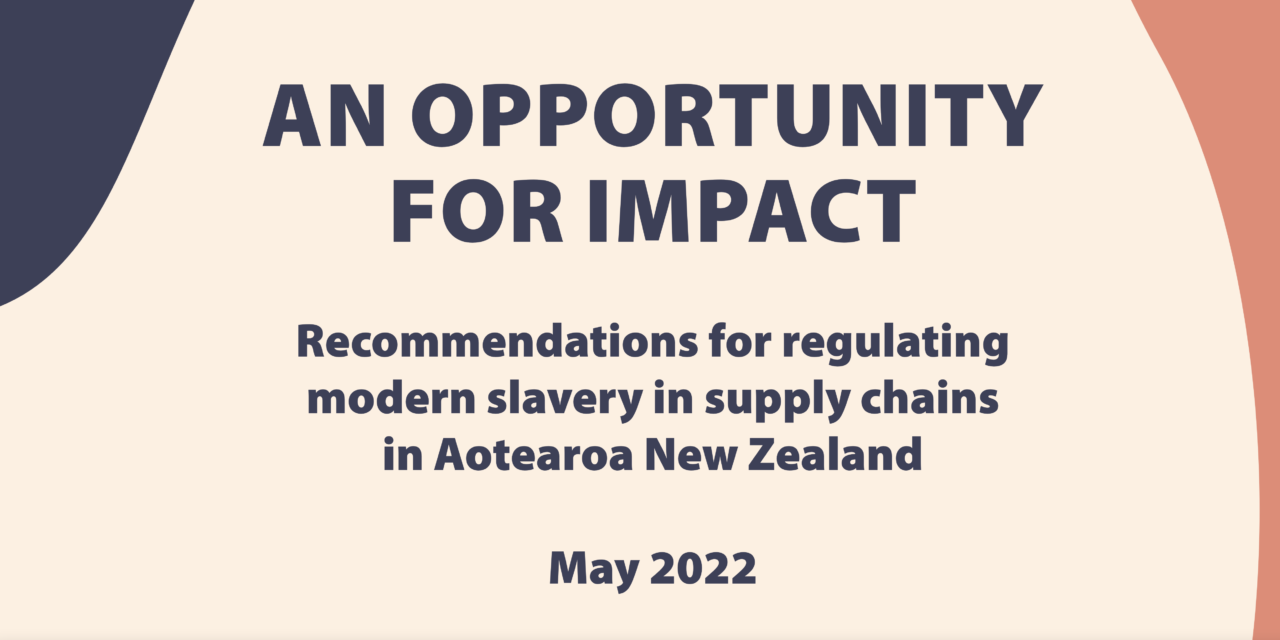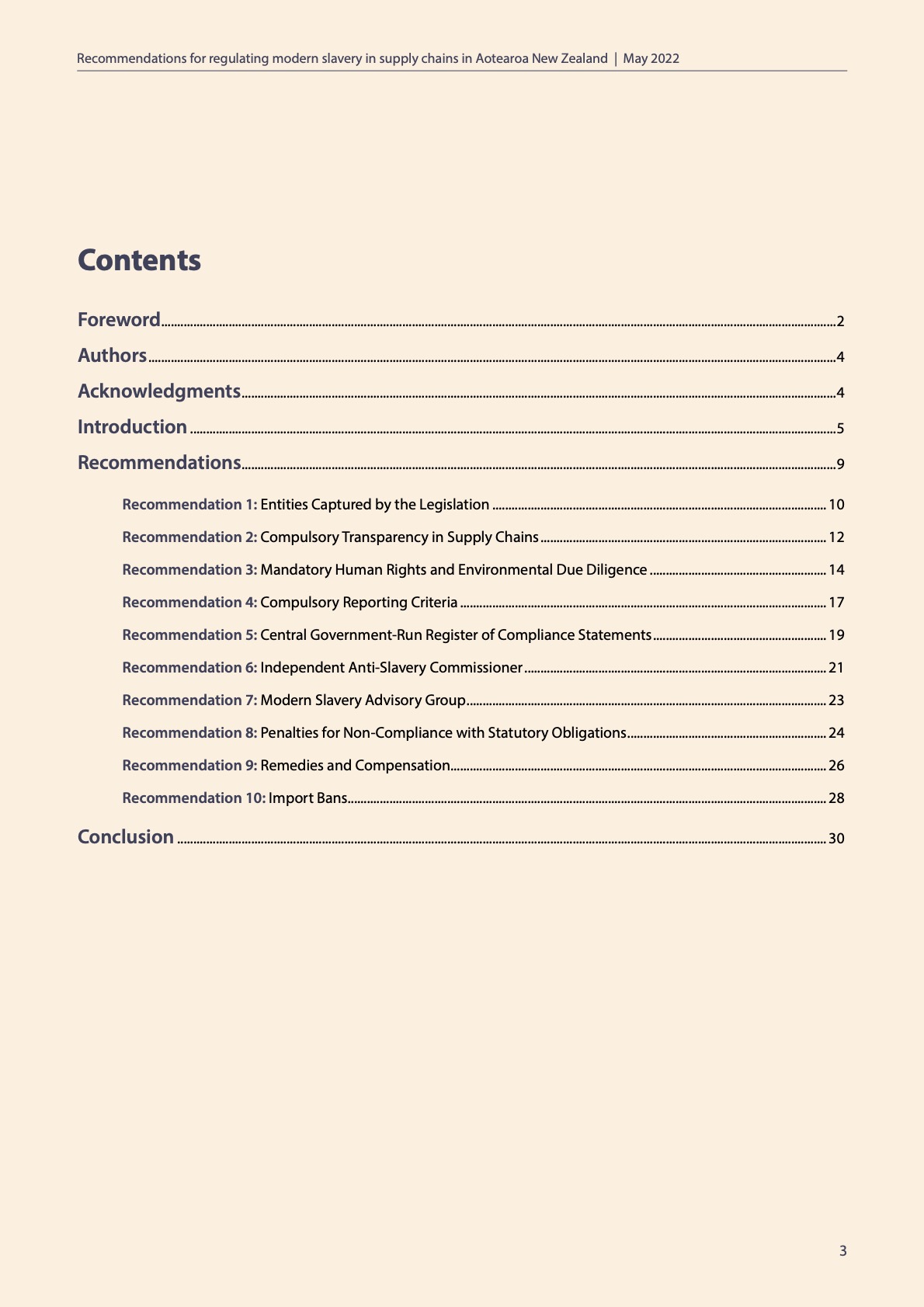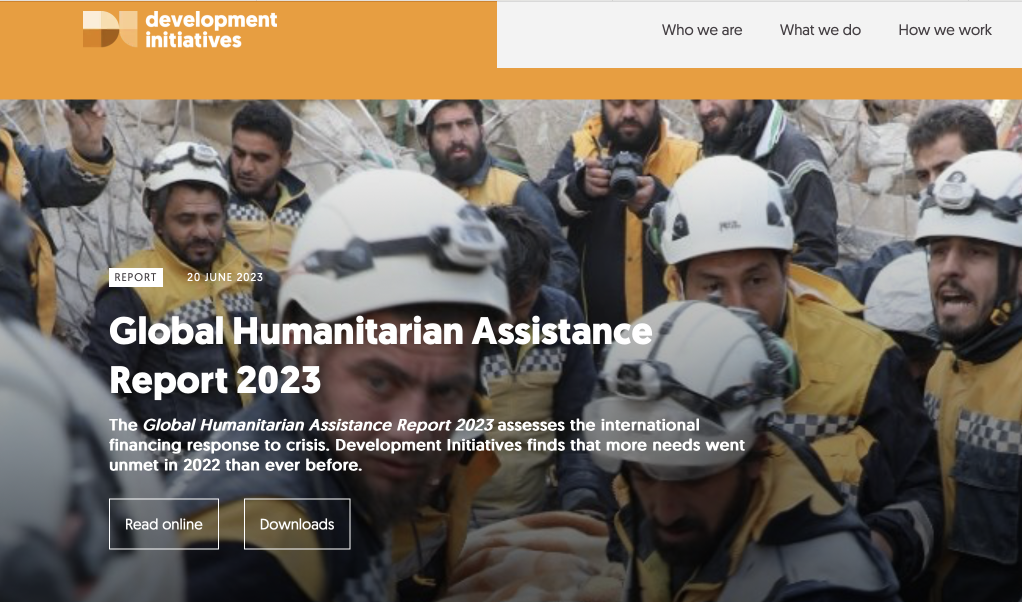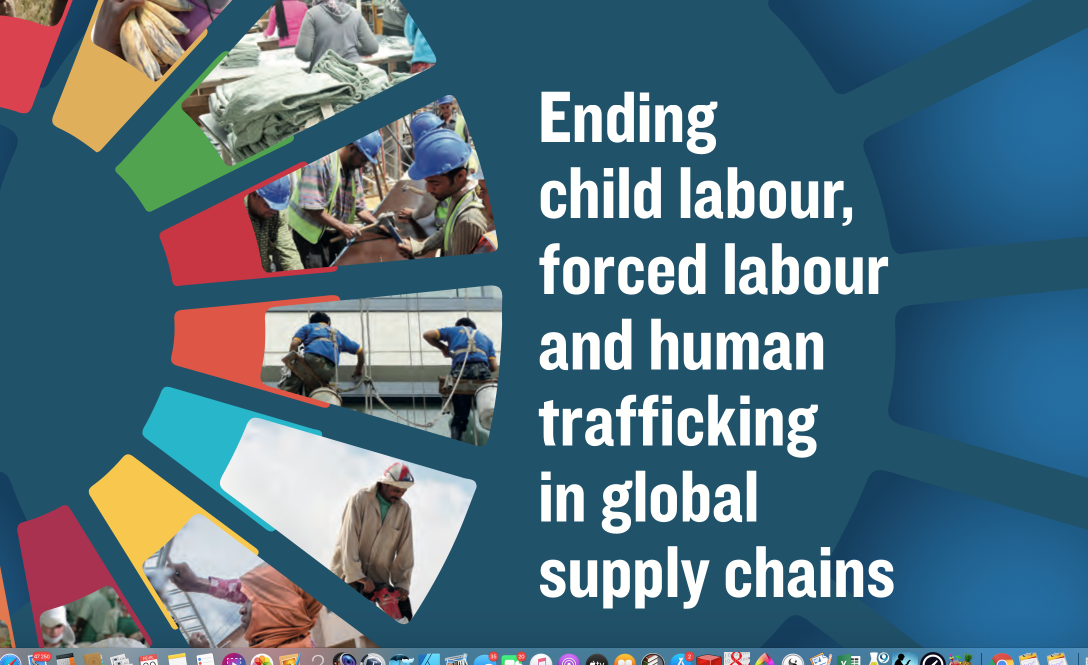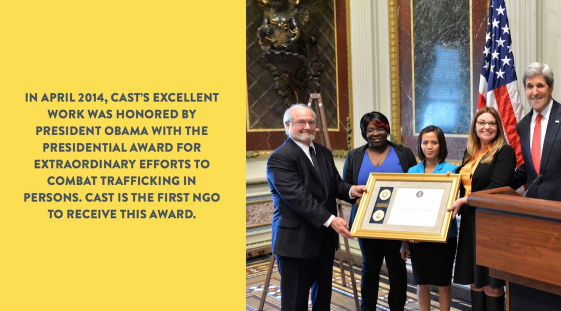Foreword from the UK’s Independent Anti-Slavery Commissioner, Dame Sara Thornton DPE QBM
Modern slavery is a heinous crime that generates an estimated $150 billion in annual profits globally. There are thought to be 40 million people in modern slavery at any time. Conservative estimates suggest that 25 million are in forced labour, of which 16 million are working for the private sector. Many will be caught up in the supply chains of multinational companies.
The intersection of modern slavery with legitimate business is complex. While modern slavery is perpetrated by criminals, human traffickers and ruthless opportunists, it is enabled by lax governance, ignorance and aggressive commercial practices. It feeds off the exploitation of the most vulnerable in society, from migrant workers to those people with insecure immigration status or those in dire financial poverty. Every sector is at risk, from manufacturing and agriculture to hospitality and social care.
No responsible business would want to benefit from forced labour, but many are unaware – or prefer not to
see – the risks that they carry within their supply chains. While legislation is no silver bullet, it is the most powerful method of forcing greater corporate responsibility at scale. As we have seen in the UK, it can also help to raise public awareness and promote more debate in society.
When legislation is echoed across jurisdictions, the effect on business should be even more powerful, capturing and enforcing standards across an increasing number of suppliers around the world. I am delighted that the New Zealand government is committed to exploring legislative options for combatting modern slavery,
and that the principles of human dignity, fairness and equality lie at the heart of this consultation.
Foreword
This recommendation paper is published in the context of Aotearoa New Zealand recently entering public consultation for regulating modern slavery in supply chains. It provides direction for a legislative design
that is compliant with international developments and, at the same time, considers Aotearoa New Zealand’s geopolitical and cultural context. It is not a response to the Government’s consultation proposal, but rather an independent resource, setting out recommendations based on research and the authors’ modern slavery law and practice expertise.
The recommendations are a resource for companies, governments, non-government organisations, academics and civil society, including to assist with submissions that these entities may wish to make as part of the national consultation process. The following recommendations are made with an understanding that the Treaty of Waitangi/Te Tiriti o Waitangi principles are ensured and a Te Ao Māori perspective is considered in any future legislative and policy developments in this area.
 Loading…
Loading…
Authors
The authors of this paper combine between them decades of expertise in business and human rights, human trafficking and other forms of modern slavery, public issues advocacy, and policy development. The presented views and opinions remain their own as independent experts and should not be associated with any of their current or past affiliate organisations.
Dr Natalia Szablewska is a lawyer and social scientist with 20 years’ experience spanning the public sector, governmental and non-governmental organisations, and academia in five countries. She is currently Professor in Law and Society at The Open University (United Kingdom/UK) and holds further academic affiliations in New Zealand, Australia and Cambodia. Natalia specialises in public international law and (international) human rights law, with a particular focus on corporate-related human rights responsibilities. She is a Chair of Australian Lawyers for Human Rights (ALHR)’s Business and Human Rights Committee and a member of the Modern Slavery Leadership Advisory Group to the New Zealand Government.
Rebecca Kingi is a senior policy advisor with specific expertise in modern slavery, forced migration and labour rights. She has advised governments and civil society on many aspects of modern slavery policy, including in the UK as part of the Labour Exploitation Advisory Group, the UK’s Anti Trafficking Monitoring Group and the Government’s Modern Slavery Strategy Implementation Group. Rebecca has also worked as a practitioner providing legal representation to survivors of modern slavery and trained various stakeholders on the legal rights and entitlements of trafficking survivors. She has been an advisor to the New Zealand Government as a member of the Modern Slavery Leadership Advisory Group.
Rebekah Armstrong is a human rights practitioner with 14 years’ experience specialising in modern slavery, human rights and humanitarian law. She is the Director of Business and Human Rights Consultants and Head of Advocacy and Justice at World Vision. Rebekah is Chair of the New Zealand Human Trafficking Research Coalition, responsible for publishing the first research on worker exploitation in New Zealand. She is an advisory member for the New Zealand Centre for Research on Modern Slavery and a member of the Modern Slavery Leadership Advisory Group to the New Zealand Government.
Quintin Lake is co-founder of Fifty Eight, who bring together research, technology and partnerships to address
the challenges of modern slavery and improve working conditions in global supply chains. He consults globally with companies and governments on modern slavery and ethical supply chains. He has 18 years’ experience and his research has helped to inform development of modern slavery legislation in the UK, Australia and Canada.
Note: the original document can be downloaded HERE.

